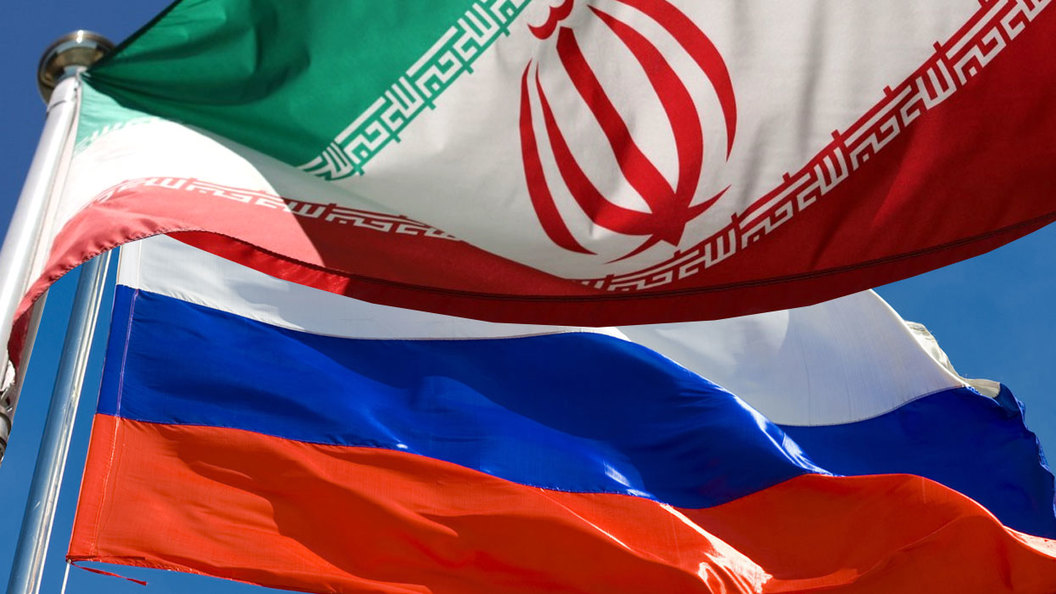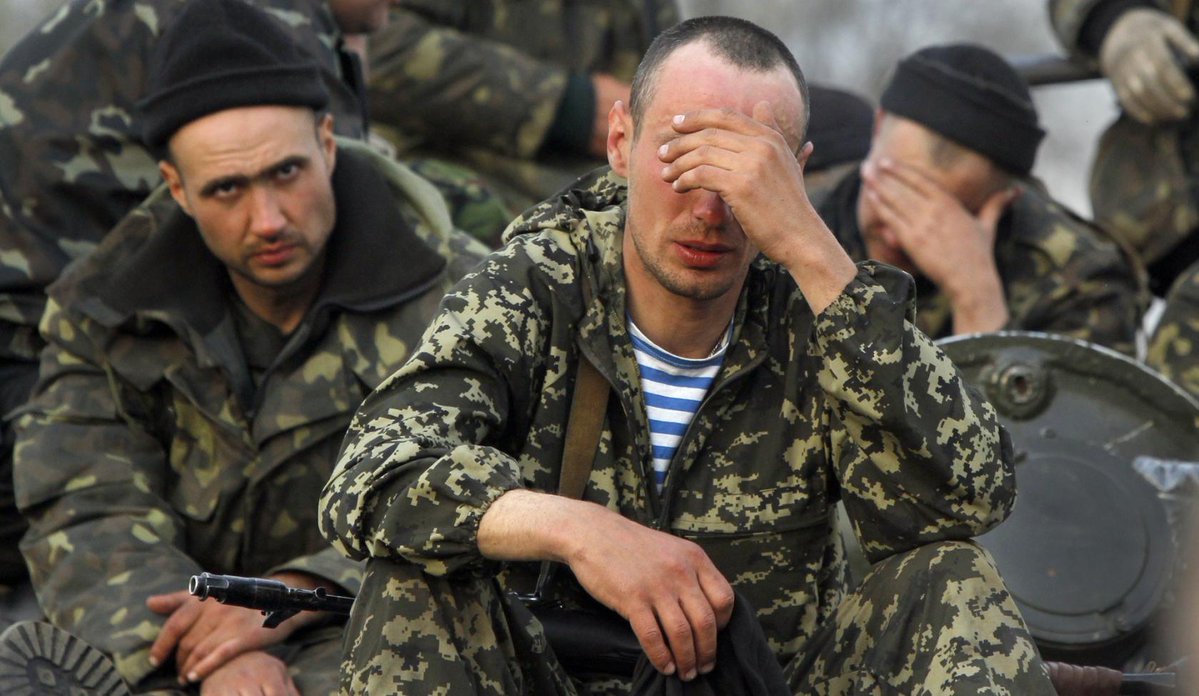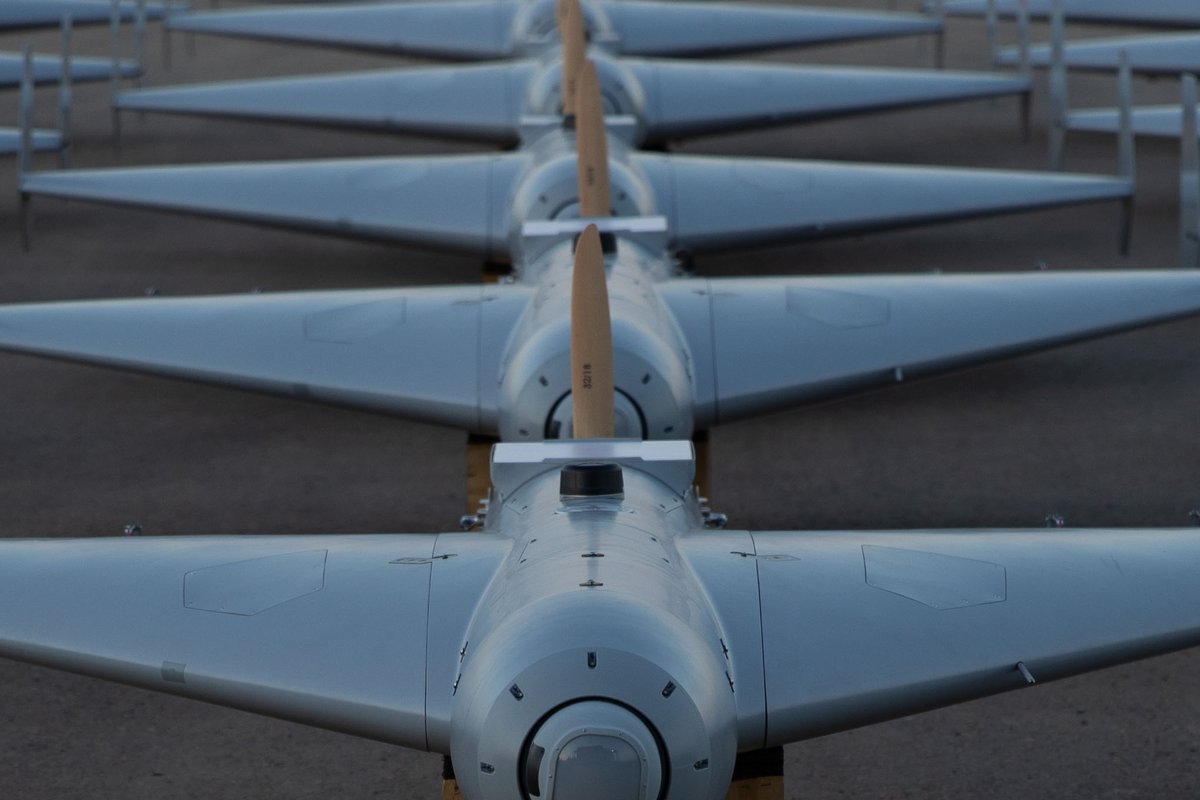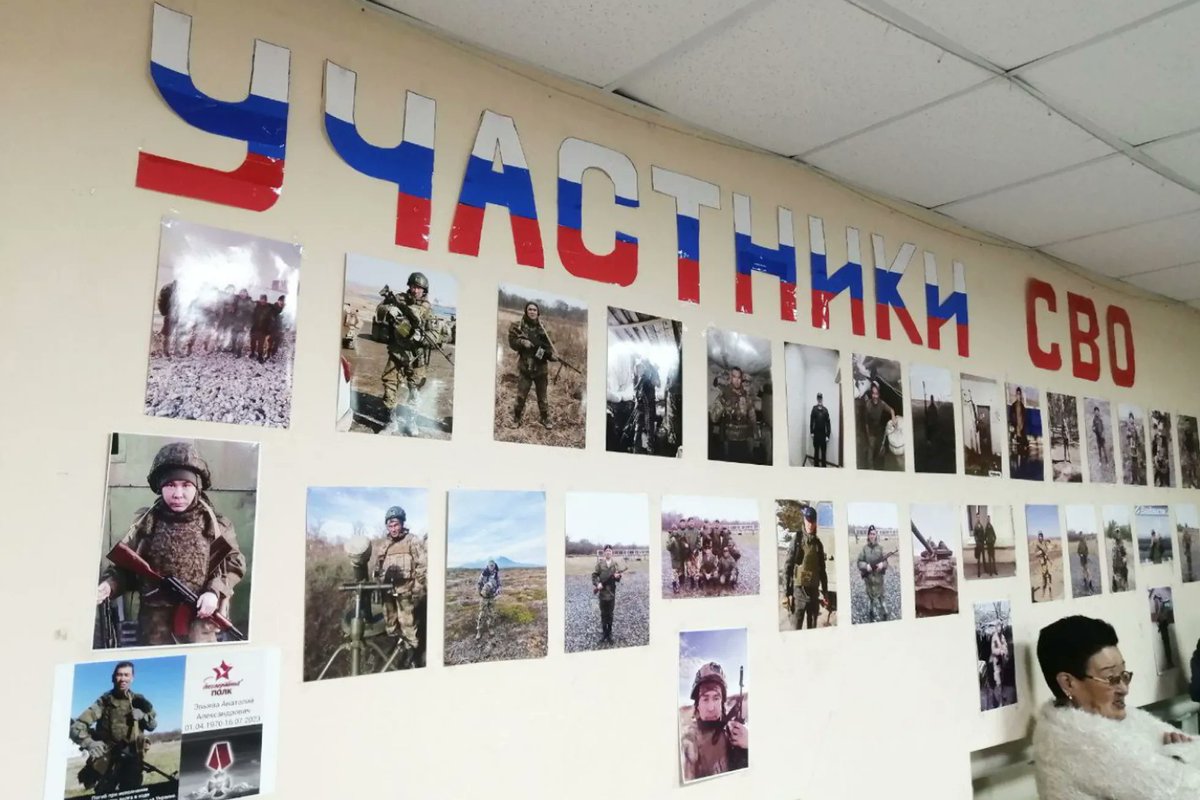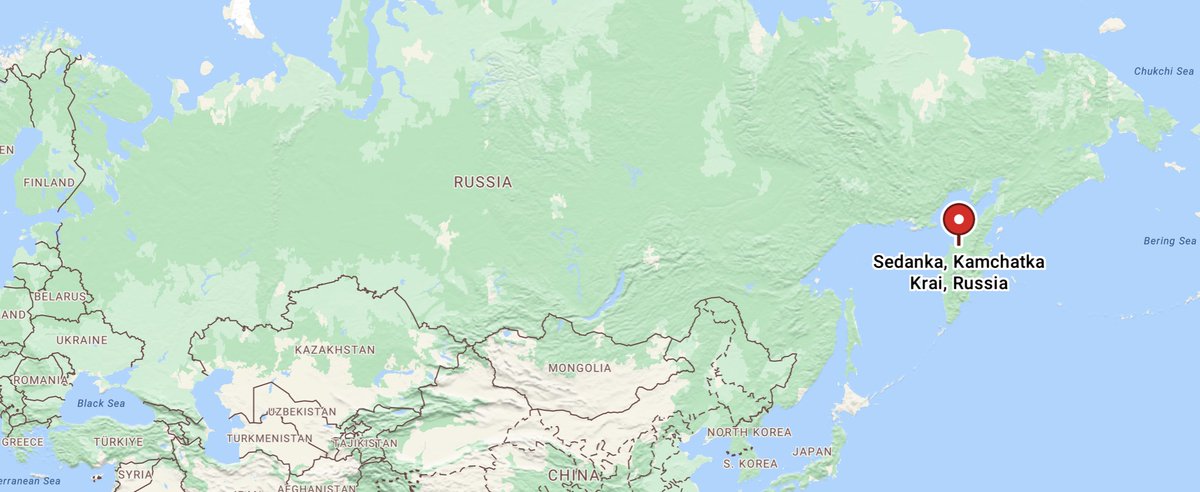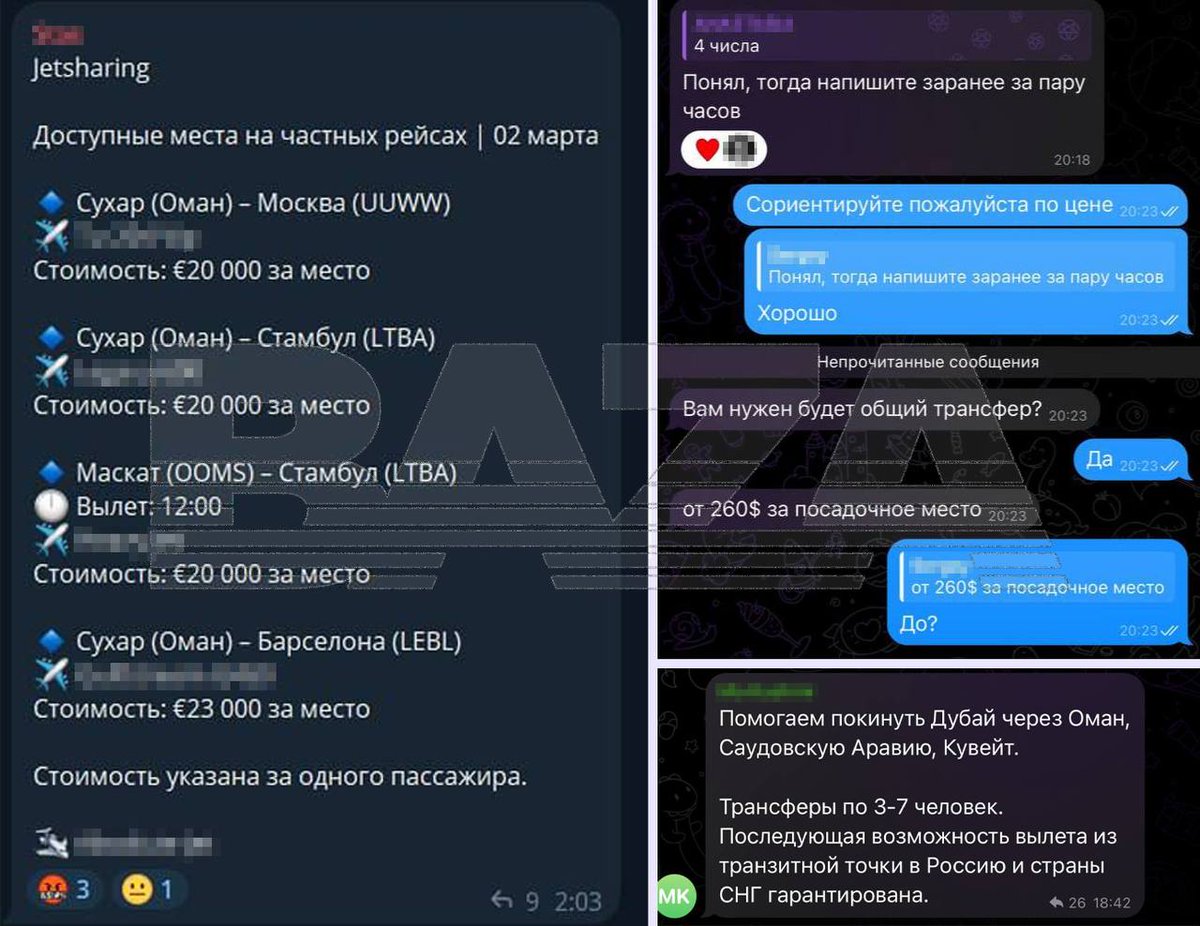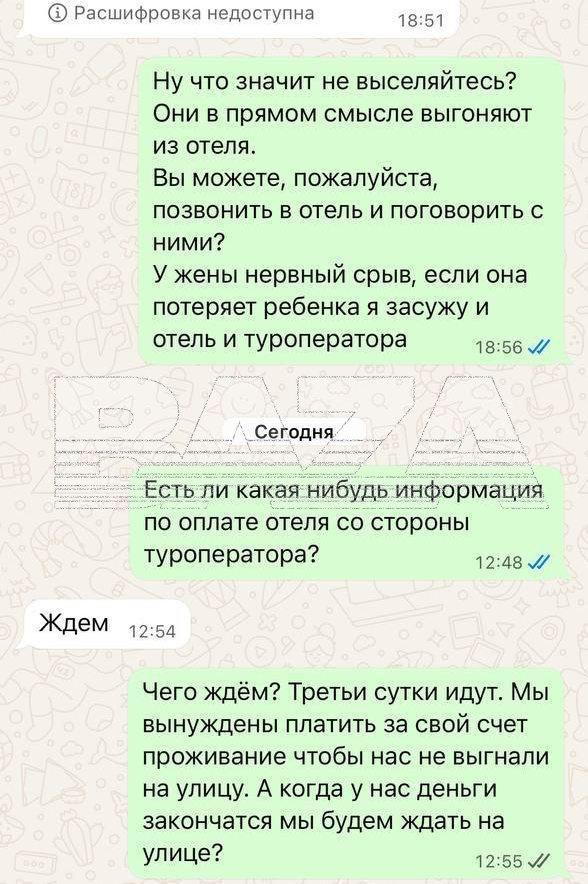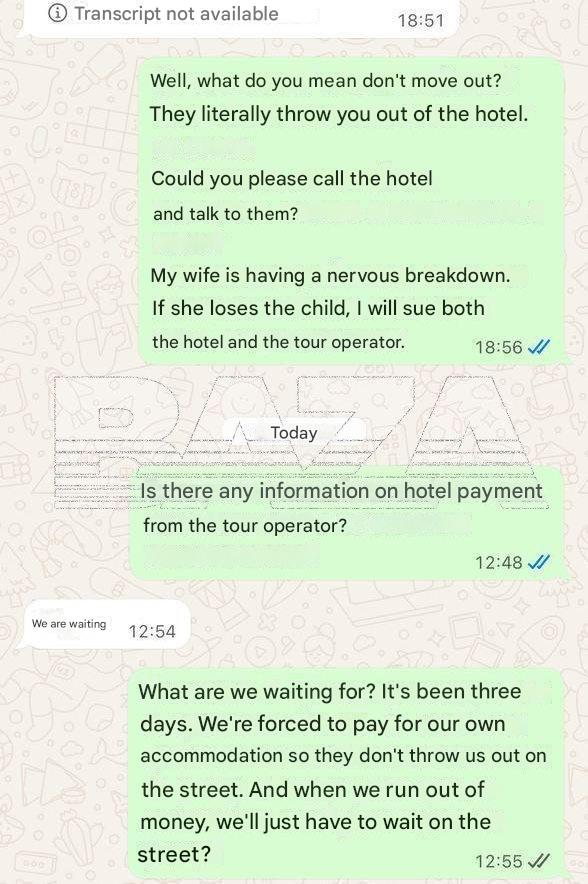@solonko1648, who's a serving Ukrainian soldier, has published an excellent pair of threads in Ukrainian describing how the Russian system of trenches and firing positions works. It's a very helpful insight into why they have been so difficult to overcome.
He focuses on a Russian fortified stronghold between the villages of Robotyne and Novoprokopivka, through which the road from one village to the other runs. Tokmak lies further along the same road, which is currently contested. The following thread translates his description:



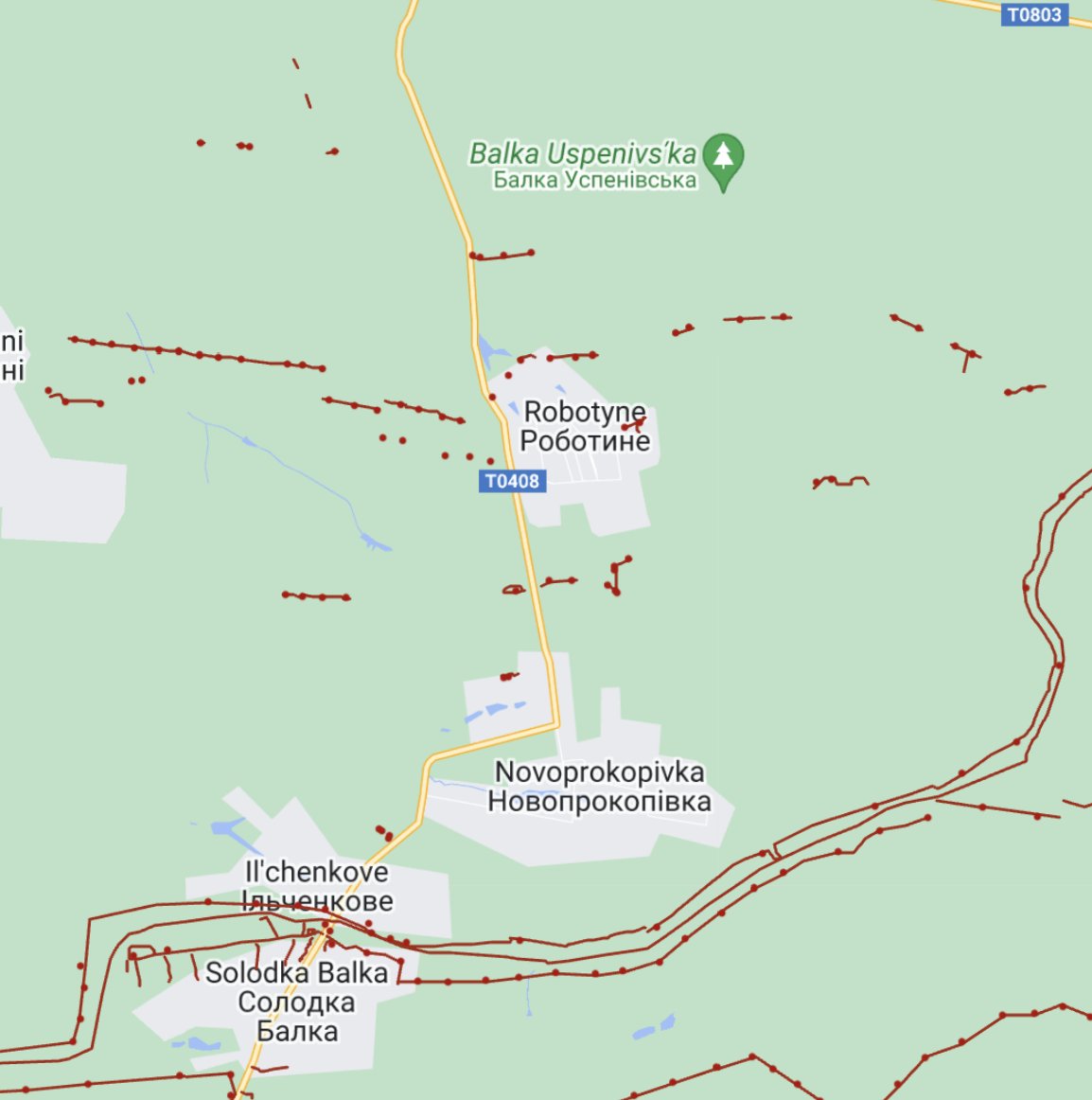
By @solonko1648:
This, dear friends, is one of the most difficult strongholds located in the Robotyne-Novoprokopivka area. A complex system of trenches-tunnels, dugouts, firing positions, to which the Russian invaders cling with all their might... 🧵 /1
This, dear friends, is one of the most difficult strongholds located in the Robotyne-Novoprokopivka area. A complex system of trenches-tunnels, dugouts, firing positions, to which the Russian invaders cling with all their might... 🧵 /1
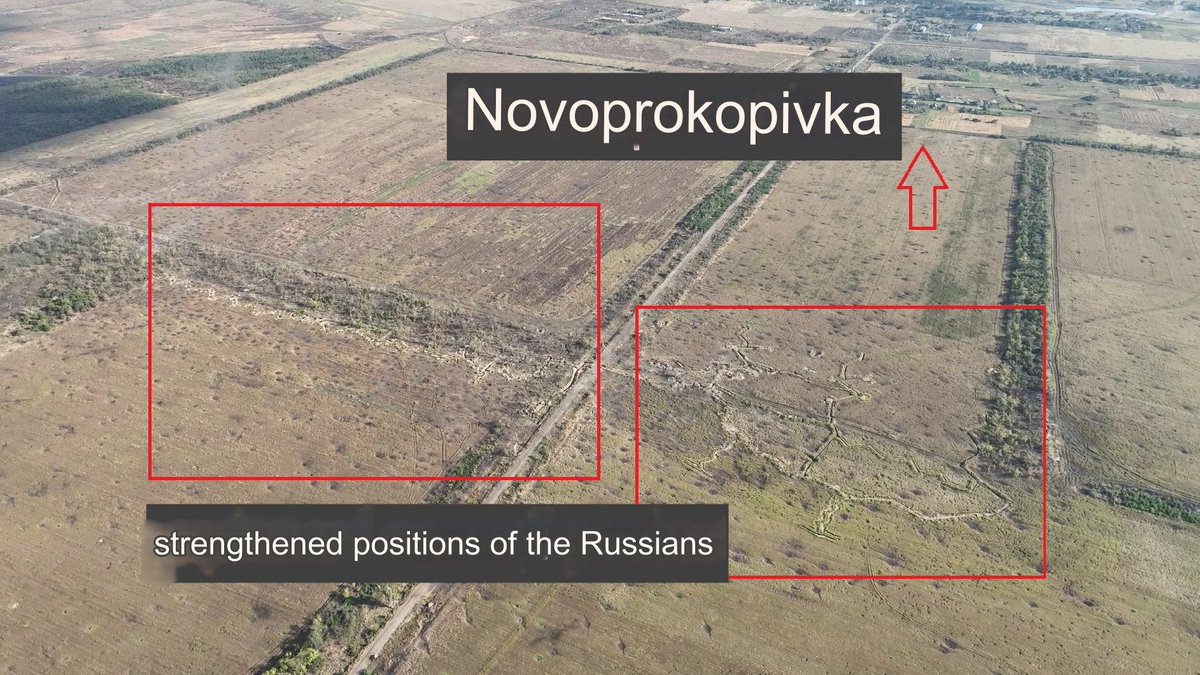
What we see first. A system of trenches and firing positions. From observation and tracking of the movements of the occupiers' equipment and personnel, we confirm movement and approach routes to the position. /2 

In general, these routes should be obvious, but of course, all the data should be studied and the information verified. That's why this is a formal process. Next, we see from above how these positions are equipped. We see the overlapping of dugouts. /3 

But that's not all. Some of the trenches are covered over for a long distance. They may not be tunnels in the classical sense, but technically they are. This is actually a trench-tunnel, designed to hide the number of personnel and their movements in the trenches. /4 

With the help of aerial reconnaissance, we determine not only which route the occupiers take to enter/leave. We also identify the entrances/exits of this stronghold/trench system. /5 

A little more about the "tunnels". According to the soldiers of the frontline units, there is a classic tunnel here. It's under the road that leads from Robotyne to Novoprokopivka. It connects both flanks of this system. /6
Moreover, we also know that dugouts have been dug here, which actually have a second underground floor, going deep into the ground. While we were waiting for the shells, the occupiers were digging. And they dug long and deep. /7
After fierce fighting and artillery shelling, our artillery "opened" the dugouts and covered trenches. After that, it became clearer how much more difficult the task was. 8/ 

Furthermore, in the area where the main entrance to these positions is located from the west, it is only after a dense artillery barrage that the untrained eye will become aware of how well some of the trench-tunnels on this side were camouflaged. /9 

The occupiers successfully used the forest belt to prepare and camouflage these positions. Such positions require us to conduct very thorough and vigilant reconnaissance. The occupiers know what we are interested in and try prevent us from conducting it properly. /10 

You can watch the process in this video. /11
It is not so much a separate fortified point as part of an extensive system, overcoming which was an extremely difficult task, taking into account the features of the hostilities, the terrain and the ratio of forces and means that I talked about. /13 

The two main parts of the fortifications are connected by an underground tunnel that runs under the road. This way, the road is controlled and still used for its intended purpose. /14




Note the shape of the trench in front of the forest plantation (except for the area near the road). We have already seen a similar structure on the defence line that stretched northwest of Verbove. /15




Also note another example of the use of terrain. The system of fortifications uses the plantation to cover the entrance and exit. There are also fortifications in the rear. A circular defence pattern is observed. /16


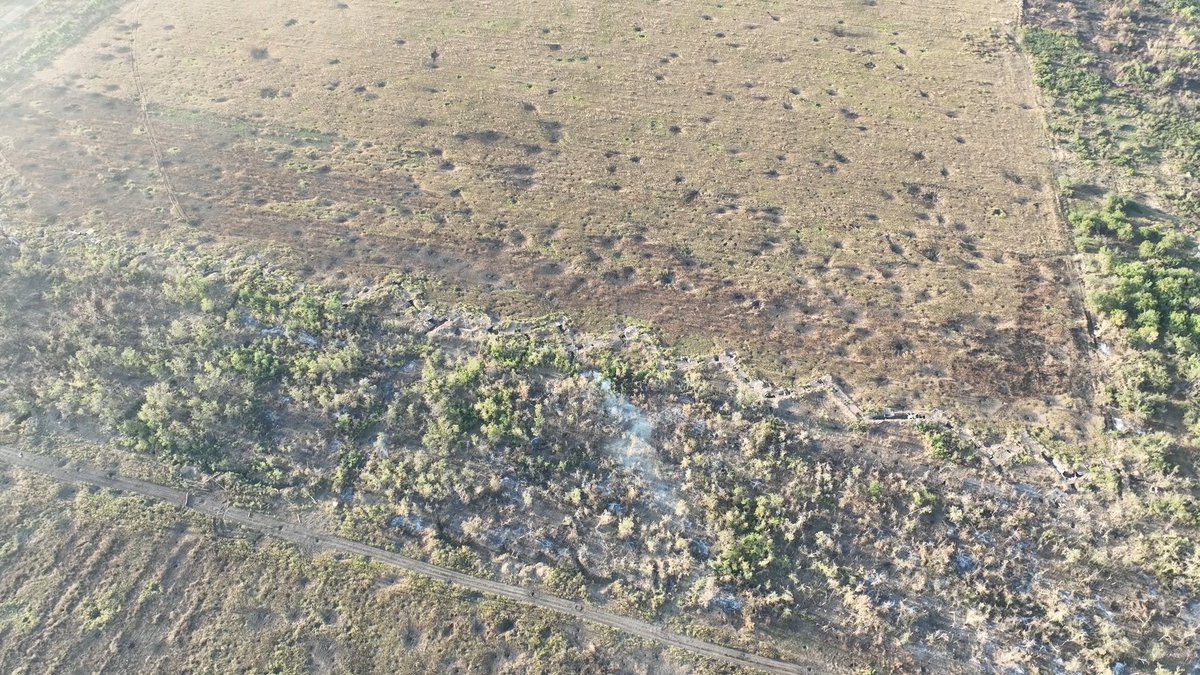

Here, too, the artillery of the Ukrainian Armed Forces performed the task of "opening" the trenches built in the style of tunnels. A similar picture could be seen in the western part of these fortifications on the other side of the road, which I analysed earlier. /17




Also note the layout of the trenches closer to the road. Imagine what it would be like to storm/clear them. Another sceptical remark to the adherents of "elastic defence". No one was going to leave here even to return. They clung to this stronghold with all their might. /18




And then there's the wormhole. Another reminder that some people like to call the Russian invaders worms. /19
Original threads:
🔹
🔹

Original threads:
🔹
🔹
https://twitter.com/solonko1648/status/1708204916299170013
https://twitter.com/solonko1648/status/1712742187597713585

You can follow @solonko1648 further on Facebook or Telegram:
🔹
🔹 m.facebook.com/story.php/stor…
t.me/silukr/175
🔹
🔹 m.facebook.com/story.php/stor…
t.me/silukr/175
Or support him by via buymeacoffee:
(Thanks to @bradyafr for the trench map in post 2.)buymeacoffee.com/solonko1648
(Thanks to @bradyafr for the trench map in post 2.)buymeacoffee.com/solonko1648
• • •
Missing some Tweet in this thread? You can try to
force a refresh




